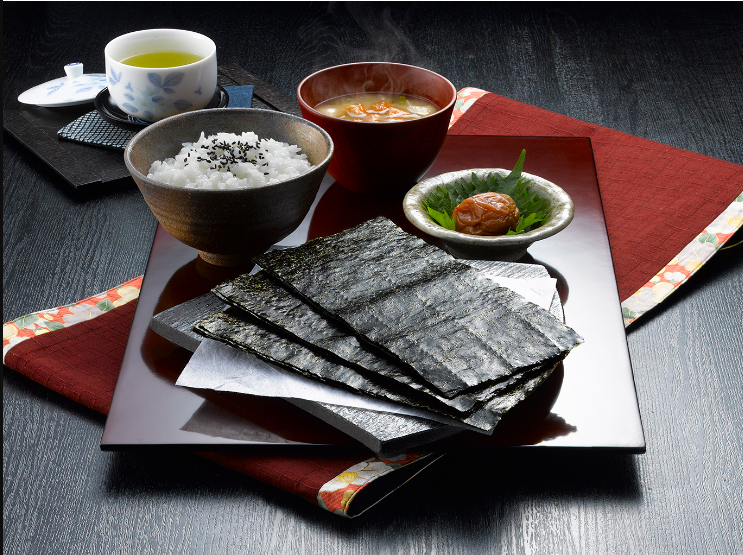Seaweeds, especially nori varieties, have become increasingly popular in Europe in recent years. Nori is a type of seaweed commonly used in Japanese cuisine and has become a staple ingredient in many European kitchens. The surge in popularity can be attributed to growing interest in Japanese cuisine, especially sushi, and growing awareness of the health benefits of consuming seaweed.


Nori, the seaweed used to wrap sushi rolls, is a type of red algae known for its unique flavor and versatility. It is commonly used in Japanese cooking, but its popularity has transcended cultural boundaries and entered European cooking practices. The raw material of seaweed is Porphyra yezoensis, which is distributed along the coast of my country, mainly along the coast of Jiangsu. Seaweed is becoming increasingly popular around the world. With the spread of Japanese culture, Japanese cuisine such as sushi has gradually become popular all over the world. Seaweed has also become one of the important ingredients for foreigners to taste and cook Japanese cuisine. Not only that, seaweed often appears on supermarket shelves as snacks and is favored by consumers.

One of the main reasons why seaweed is becoming increasingly popular in Europe is its nutritional value. Sea moss is rich in essential vitamins and minerals, making it a nutritional addition to any diet. It is a rich source of iodine, which is essential for maintaining healthy thyroid function. Additionally, nori contains high levels of vitamin C, vitamin A, and protein, making it a valuable dietary supplement. As more and more people become health-conscious and seek nutrient-dense foods, nori has become a popular choice due to its impressive nutritional profile.
Additionally, nori is known for its umami flavor, which adds depth and complexity to dishes. This salty flavor appeals to the palates of European consumers, who are increasingly incorporating seaweed into their cooking. Whether used in sushi rolls, crushed as a seasoning, or enjoyed as a standalone snack, the unique flavor of nori has given it widespread appeal across Europe.
In addition to its nutritional and culinary properties, seaweed is gaining attention in Europe for its versatility. It can be used in a variety of recipes, from traditional Japanese dishes to innovative fusion cuisine. Chefs and home cooks alike are experimenting with seaweed, incorporating it into soups, salads and even desserts. Its adaptability and ability to enhance the overall flavor of a dish make it a popular ingredient in European kitchens.

In addition, the increasing availability of nori on the European market has played an important role in its growing popularity. As demand for Japanese ingredients increases, supermarkets and specialty stores across Europe have begun stocking nori to make it easier for consumers to purchase. This accessibility enabled people to explore and experiment with nori in cooking, thus promoting its widespread adoption in European culinary culture.

The rise of nori in Europe is also closely related to the popularity of sushi around the world. As sushi restaurants continue to pop up in European cities, more and more people are exposed to nori and its culinary applications. This exposure sparked interest among food lovers and home cooks, leading to growing demand for seaweed in the European market.
In short, nori, a seaweed commonly used in Japanese cuisine, is becoming more and more popular in Europe. Its nutritional value, unique flavor, culinary versatility and wide availability have made it increasingly popular among European consumers. As interest in Japanese cuisine continues to rise and awareness of the health benefits of seaweed grows, nori is expected to maintain its status as a beloved ingredient in European kitchens. Whether enjoyed in traditional Japanese dishes or incorporated into innovative recipes, nori’s journey from sushi staple to European cuisine favorite is a testament to its enduring appeal and culinary significance.
Post time: May-26-2024